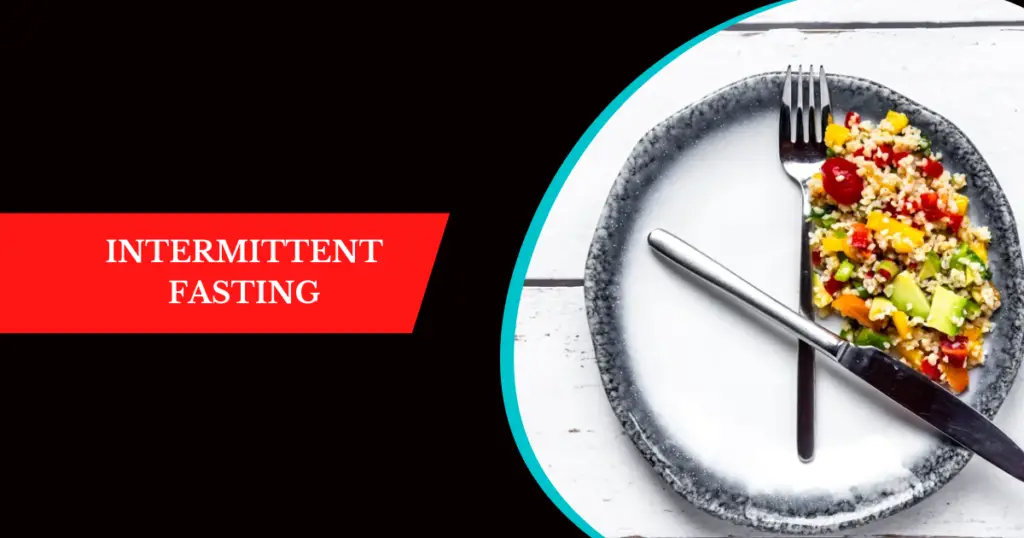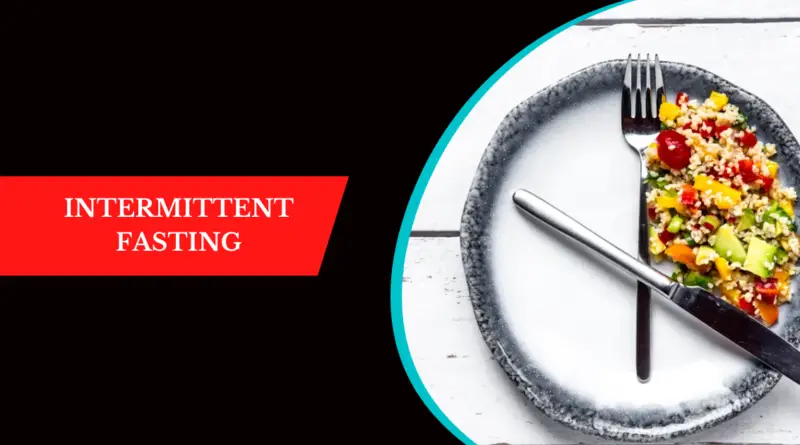Intermittent Fasting: Pros, Cons, and How to Start Safely
Intermittent fasting (IF) has become a popular approach to weight management and overall health. It involves cycling between periods of eating and fasting. While this pattern of eating may seem unconventional, it has roots in historical eating habits and is supported by emerging scientific research. In this blog, we’ll explore the pros and cons of intermittent fasting, different methods to practice it, and tips for starting safely.
The Basics of Intermittent Fasting
Intermittent fasting is not a diet in the traditional sense but rather a pattern of eating. It doesn’t prescribe specific foods but focuses on when to eat. The most common methods include:
16/8 Method: Fast for 16 hours and eat during an 8-hour window. For example, you might eat from noon to 8 PM and fast from 8 PM to noon the next day.
5:2 Diet: Eat normally for five days of the week and restrict calorie intake to 500-600 calories on the other two days.
Eat-Stop-Eat: Involves fasting for 24 hours once or twice a week.
Alternate-Day Fasting: Alternates between days of normal eating and fasting or consuming very few calories.
The Warrior Diet: Involves eating small amounts of raw fruits and vegetables during the day and a large meal at night.

Pros of Intermittent Fasting
1. Weight Loss and Fat Loss
One of the primary reasons people try intermittent fasting is to lose weight. By shortening the eating window, many people naturally reduce their calorie intake. Additionally, fasting periods may enhance fat burning by lowering insulin levels, which can help the body access stored fat for energy.
2. Improved Metabolic Health
Can improve several metabolic markers, including insulin sensitivity, cholesterol levels, and blood pressure. Lower insulin levels and improved insulin sensitivity can reduce the risk of type 2 diabetes.
3. Enhanced Cellular Repair
Fasting initiates a cellular process called autophagy, which involves the removal of damaged cells and the regeneration of new ones. This process can have anti-aging effects and help protect against diseases like cancer and Alzheimer’s.
4. Improved Brain Health
May support brain health by reducing oxidative stress, inflammation, and promoting the production of brain-derived neurotrophic factor (BDNF), a protein that supports brain function. Some studies suggest that intermittent fasting may lower the risk of neurodegenerative diseases.
5. Simplicity and Flexibility
Unlike many diets that require meticulous meal planning and food restrictions, intermittent fasting is simple. There are no specific foods to avoid, making it easier for people to follow long-term.
Cons of Intermittent Fasting
1. Hunger and Cravings
The most common challenge with this fasting is hunger. During the fasting periods, some people may experience strong cravings and feelings of deprivation, which can lead to overeating during the eating window.
2. Nutrient Deficiency
If not planned properly, it can lead to nutrient deficiencies. Skipping meals can result in missing out on essential nutrients, particularly if the eating periods are short or if the diet lacks variety.
3. Potential for Disordered Eating
For some individuals, it may exacerbate tendencies toward disordered eating. It may encourage an unhealthy relationship with food, such as binge eating during eating windows or an obsessive focus on fasting.
4. Not Suitable for Everyone
Intermittent fasting is not suitable for everyone. Pregnant or breastfeeding women, individuals with a history of eating disorders, and those with certain medical conditions should avoid it. It’s crucial to consult with a healthcare professional before starting any fasting regimen.
5. Social and Lifestyle Challenges
Fasting periods can interfere with social events, family meals, or other situations where food is a central element. This can make it challenging to adhere to the fasting schedule consistently.
How to Start Intermittent Fasting Safely
If you’re considering intermittent fasting, it’s essential to approach it safely and thoughtfully. Here are some tips to help you get started:
1. Consult with a Healthcare Professional
Before starting intermittent fasting, consult with a healthcare professional, especially if you have any underlying health conditions. They can provide guidance on whether intermittent fasting is safe for you and help you tailor an approach that suits your needs.
2. Start Gradually
If you’re new to intermittent fasting, start gradually. You might begin with a 12-hour fasting window and gradually extend it as your body adjusts. This can help reduce feelings of hunger and make the transition easier.
3. Stay Hydrated
Drink plenty of water during fasting periods. Staying hydrated can help curb hunger and support overall health. You can also include non-caloric beverages like herbal tea or black coffee.
4. Focus on Nutrient-Dense Foods
During your eating window, focus on nutrient-dense foods to ensure you’re getting essential vitamins and minerals. Include plenty of fruits, vegetables, lean proteins, healthy fats, and whole grains in your meals.
5. Listen to Your Body
Pay attention to how your body responds to intermittent fasting. If you experience persistent fatigue, dizziness, or other adverse symptoms, it may not be the right approach for you. It’s important to prioritize your well-being and adjust your eating patterns accordingly.
6. Maintain a Balanced Diet
Even during eating windows, it’s crucial to maintain a balanced diet. Avoid overeating or indulging in unhealthy foods, as this can negate the potential benefits of intermittent fasting.
7. Plan for Social Situations
Plan your fasting schedule around social events or special occasions to avoid disruptions. Flexibility is key to making intermittent fasting sustainable in the long term.
Conclusion
Intermittent fasting can offer several health benefits, including weight loss, improved metabolic health, and enhanced cellular repair. However, it’s not a one-size-fits-all approach, and there are potential drawbacks to consider. If you’re interested in trying intermittent fasting, start gradually, prioritize nutrient-dense foods, and consult with a healthcare professional to ensure it’s a safe and effective option for you.
As with any dietary change, the key to success is finding a balanced approach that supports your overall well-being and fits your lifestyle.



